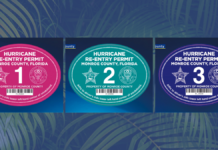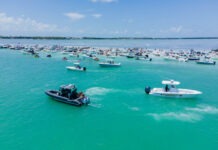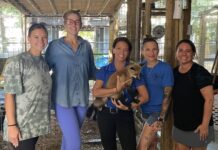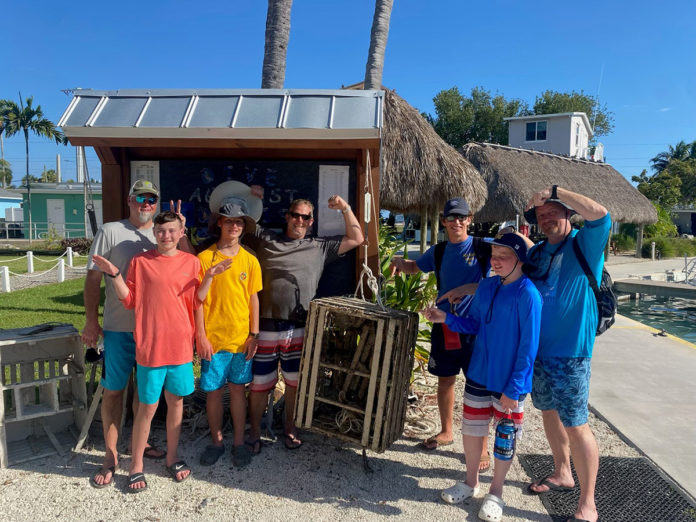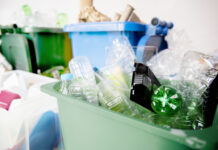In 2022, Boy Scouts from around the nation recovered 1,600 pounds of marine debris from the Florida Keys coral reef, Sea Base staff reported.
“Our goal this past summer was to collect 1,000 pounds of marine debris,” Natacha Angelo, program office manager of Sea Base, told Keys Weekly. “We went over that. The kids were very excited.”
Indeed, out of all the world-class aquatic adventure activities that the Sea Base offers for scouts — including scuba diving, fishing, sailing and camping — many told staff that they were the most psyched to help clean the reef.
“The Diving against Debris program (was the most meaningful),” wrote one scout to Sea Base staff. “Seeing firsthand how much fishing gear and traps are left on reefs.”
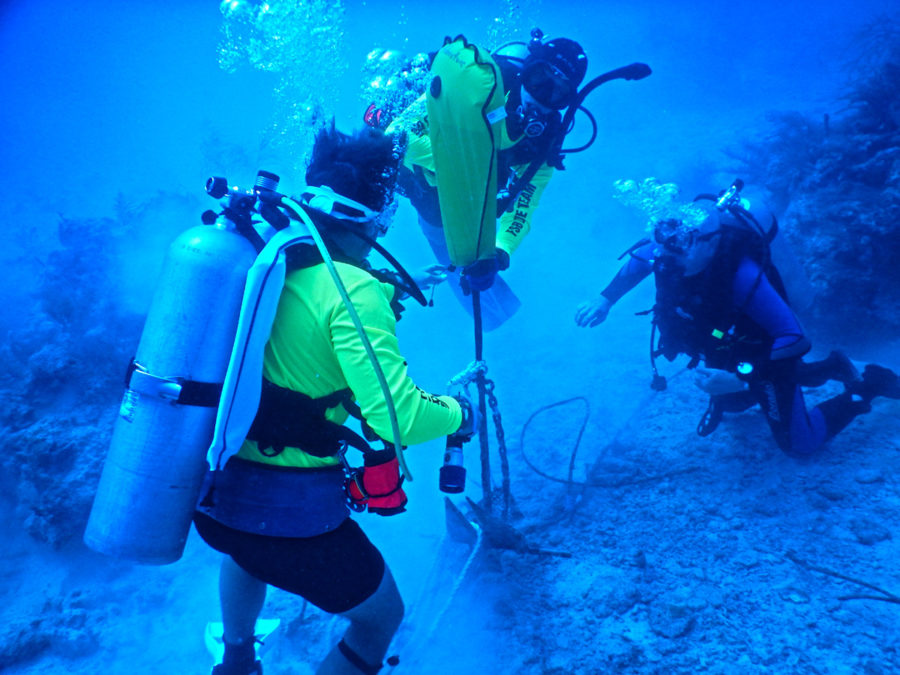
The Florida National High Adventure Sea Base facility, located at MM 73 on Lower Matecumbe, started providing programming for the Boy Scouts of America in 1980. Each year, over 16,000 participants come from all over the United States, from California to New York, to enjoy the many activities available. The boy scouts who attend range in age from 13 to 18.
In addition to offering numerous recreational programs, the Sea Base has a particular focus on coral restoration. Each year, the facility grows 10,000 corals, which the scouts help care for and then plant on the reefs.
“And we thought, ‘Wouldn’t it be great if whenever they went diving, they collect debris when they found it on the reef?’” said Angelo.
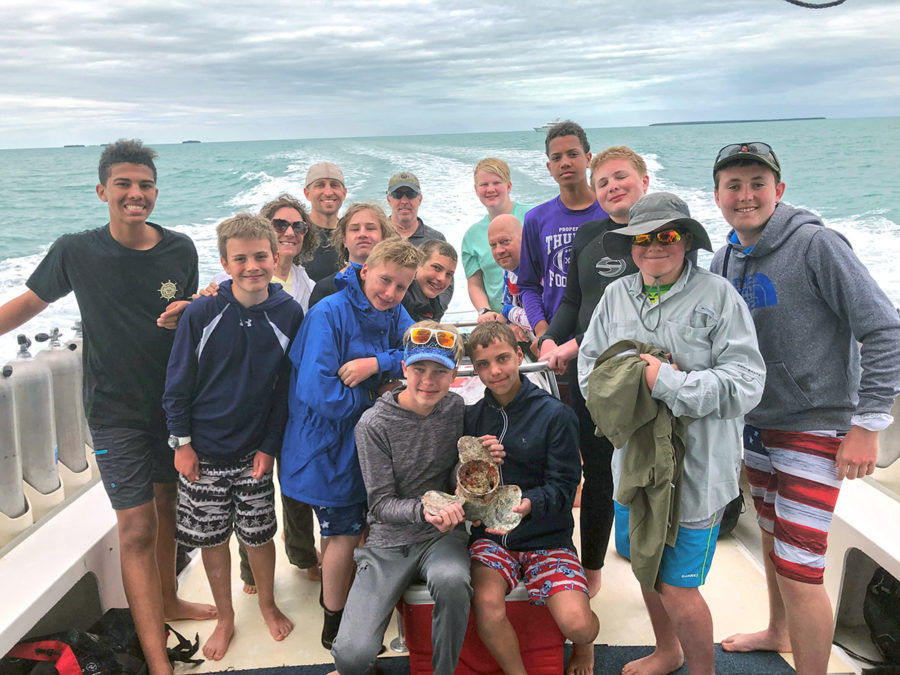
Thus, the Dive Against Debris program was started in the summer of 2021 in conjunction with Goal: Clean Seas Florida Keys, a project of the National Marine Sanctuary Foundation. The boy scouts who choose scuba diving as their Sea Base activity typically go on 11 dives during the week that they reside at the facility. In the evenings, the Goal: Clean Seas Florida Keys staff trains the scouts and gives them equipment to remove the debris that becomes entangled in the reef. For example, the divers are given scissors to cut away fishing line.
“We find a lot of fishing line,” said Angelo. “Which is impressive because even though it doesn’t weigh that much, the scouts picked up so much of it that it added to the 1,600 pounds of debris we found this past summer.”
Most of the diving takes place at Alligator Reef and Molasses Reef, said Angelo. In addition to that fishing line, the scouts typically find plastic bottles and bags, and derelict traps.
This makes sense. Per the Goal: Clean Seas Florida Keys section on NOAA’s website, “Marine debris is an ongoing challenge in the Florida Keys National Marine Sanctuary, with underwater debris posing a high risk to important marine life and habitats. … Lost fishing traps and trap rope not only damage critical habitats, but can also entangle and harm a variety of species, such as corals, dolphins, manatees and sea turtles.”
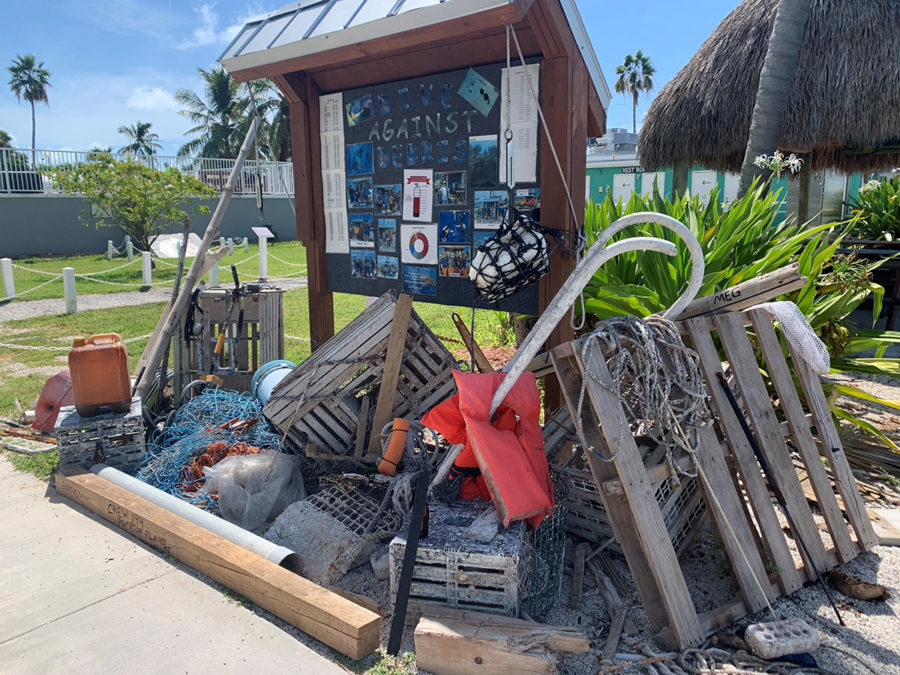
According to the U.S. Department of the Interior website, “Plastics are one of the most extensive types of marine debris. … A second highly visible and impactful form of marine debris is derelict fishing gear.”
“We find a lot of anchors, as well,” said Angelo. “We even find new ones, with the chain and rope attached. We think people let go of it and forget to bring it up.” When the debris is heavy, such as anchors or car tires — and even a car door that was recently found — Sea Base staff uses a lifting bag, a balloonlike device, to carry it up.
But the Sea Base remains undeterred. The scouts will continue to remove trash from the coral reef in summer 2023. “We have a new goal to set,” said Angelo. “I’m thinking for 2023, the goal will be 2,000 pounds.”








